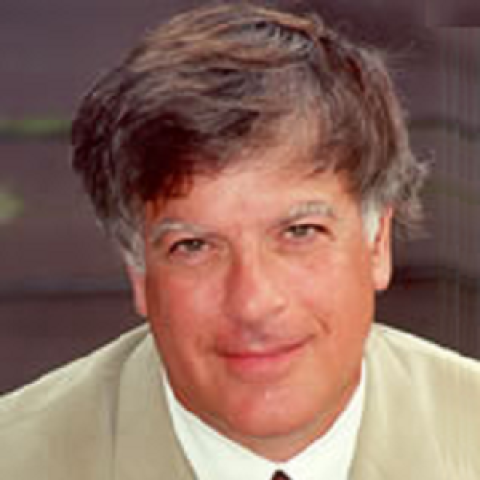In light of the stakes, the U.S. must test Syria's supposed readiness to give up its chemical weapons. It is hard to avoid the impression, however, that what is being offered to the world is a ruse.
Russia, the author of the proposal, has argued that if anyone was guilty of a chemical attack in Syria it was the rebels. On August 31, Putin told journalists in Vladivostok that it would be "utter nonsense" for Syrian government troops to use chemical weapons in a war they were already winning. This statement was followed up by a 100-page Russian report on an alleged chemical attack that took place March 19 in Khan al-Assal that said the perpetrators were probably rebels.
Some chemical-weapons analysts, after studying intelligence reports and video of the survivors on Syrian television said that whoever launched the attack in Khan al-Assal did not use an advanced chemical agent but rather "a form of chlorine known as CL 17 that is easily available as a swimming pool cleaner."
Perhaps more important, the Russians, with excellent sources in the Syrian government, have produced no comparable report concerning the much larger chemical weapons attack on a suburb of Damascus, August 21 in which 1,429 persons died and the chemical agent has been identified as sarin nerve gas.
On the eve of the G-20 meeting in St. Petersburg, Putin said that Russia would consider joining a strike against Syria if it could be proven that Syrian president Assad had used chemical weapons.
But if the chemical attacks were not launched by the Syrian government, as Russia alleges, why would Syria agree to disarm and leave itself vulnerable to a hypothetical chemical attack by the rebels without any deterrent?
The far more likely possibility is that Syria carried out the chemical attack, has no plans to disarm and, in cooperation with Russia, is playing for time. In the next few days or weeks, there are likely to be apparent steps toward turning Syria's weapons over to international supervision. A maximum effort will be made to create the impression of disarmament without actually doing anything. Eventually, there will be a need for an example of U.S. perfidy that can be used as a pretext for cancelling the process. But such pretexts can always be found.
In the meantime, Obama will find himself hopelessly outmaneuvered and a decision that should have been taken on its merits will be determined by the political influence of two countries in which politics as we know it does not exist.

















